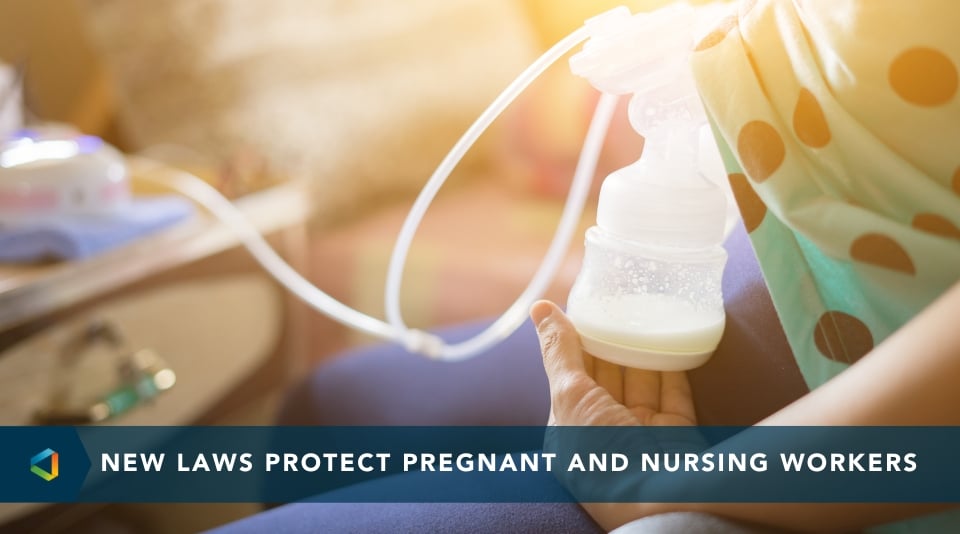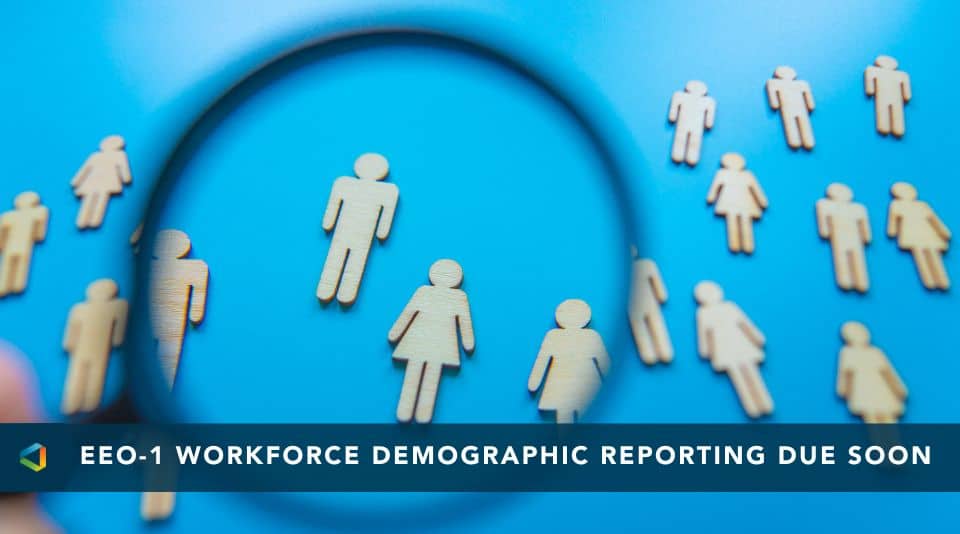On August 22, 2017, a federal judge ruled that the Equal Employment Opportunity Commission (EEOC) must reconsider its regulations governing employee wellness programs under the American Disabilities Act (ADA) and the Genetic Information Nondiscrimination Act (GINA). The U.S. District Court for the District of Columbia ruled that the EEOC’s final wellness regulations are arbitrary and capricious and sent them back to the EEOC for reconsideration.
Last year, the EEOC issued regulations governing wellness programs under the ADA and GINA, which prohibit inquiries about employees’ and their family’s medical histories. Specifically, the ADA prohibits employers from requiring medical examinations or inquiring whether an individual has a disability unless the inquiry is both job-related and “consistent with business necessity.” Similarly, GINA prohibits employers from requesting, requiring, or purchasing “genetic information” from employees or their family members. However, both the ADA and GINA contain an exception that permits employers to collect this information as part of a wellness program, so long as it is voluntary. The 2016 EEOC regulations permit employers to offer employees an incentive of up to 30 percent of the cost of self-only coverage if they participate in a wellness program and still be deemed voluntary.
In this case, AARP argued that the EEOC wellness program regulations permit companies to penalize employees who opt-out of participation in wellness programs because they do not wish to disclose medical information. AARP argued that the incentives allowed were inconsistent with the meaning of “voluntary” and the EEOC failed to adequately explain its reasons for adopting the 30 percent incentive limit. AARP stated that the incentive is too high to give employees a meaningful choice regarding whether or not to participate in the wellness program.
The EEOC however argued that it adopted the 30 percent incentive to harmonize its regulations with the Health Insurance Portability and Accountability Act of 1996 (HIPAA) regulations governing wellness programs and to induce more individuals to participate in wellness programs. The EEOC stated that the 30 percent incentive limit is a reasonable interpretation of “voluntary” based on “current insurance rates” and based on a comment letter submitted by the American Health Association which endorsed the 30 percent level.
Ultimately, the court sided with AARP and held that the EEOC failed to offer a reasoned explanation for how it reached the 30 percent incentive limit. The court found that the EEOC wellness regulations define the 30 percent incentive limit differently from the HIPAA definition of the 30 percent inventive limit. The EEOC regulations extend the 30 percent incentive limit to participatory wellness programs, which the HIPAA limit does not apply to. Additionally, “neither the final rules nor the administrative record contain any concrete data, studies, or analysis to support any particular incentive level as the threshold past which an incentive becomes involuntary in violation of the ADA and GINA.”
The court did not immediately vacate the final rules, but rather sent them back to the EEOC for reconsideration to avoid “potential widespread disruption and confusion” of numerous existing wellness programs. So for now, the ruling has little practical effect on current wellness programs. The EEOC can still enforce the final regulations so employers sponsoring wellness programs should continue to comply. OneDigital will be closely monitoring any further developments as the EEOC reviews and responds to the court’s decision and provide additional guidance as it becomes available.
For more information on Wellness Programs, see our recent article on Wellness & Value-Add Benefits: No Good Deed Goes Unpunished? or watch our recent webinar Wellness and Value-Add Benefits.




